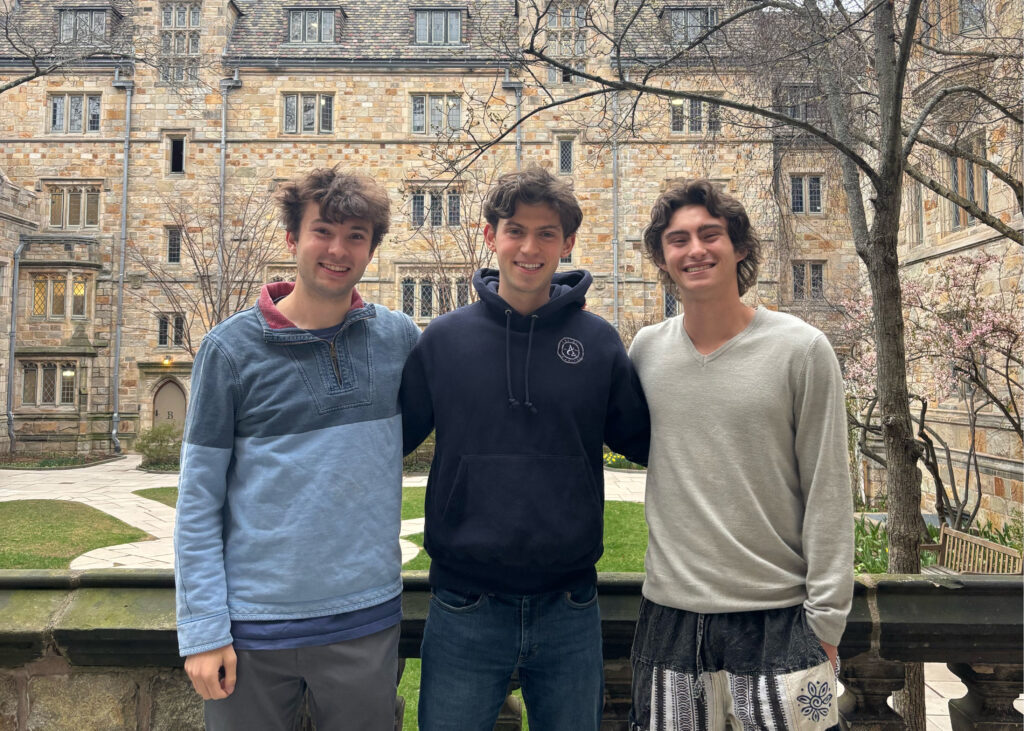A Redwood City family encountered unexpected financial difficulties after their daughter participated in a COVID-19 research study that was advertised as “free.” The situation unfolded when Maria Fraboni’s daughter, who tested positive for COVID-19 in 2022, received a call from Stanford Health Care’s Infusion Center. The unsolicited call detailed a study aimed at reducing COVID symptoms, side effects, and long-term risks, which required three transfusions.
Believing it to be a noble cause, Fraboni’s daughter agreed to participate, only to later receive bills totaling over $6,900 from Stanford Health Care. Fraboni expressed her dismay, stating, “My heart was just breaking… I mean it’s a good chunk of money!”
After the transfusions, Fraboni received two large bills in the mail, leading her to contact Stanford Health Care for clarification. A patient relations manager informed her that the charges were deemed the patient’s responsibility due to a deductible. Fraboni found this response troubling, especially since the treatment was supposed to be covered under California law at the time.
According to the California Department of Insurance, health insurers were required to cover certain COVID treatments without cost-sharing during that period. Fraboni was advised by the patient relations department to file a claim with Cigna, her health insurance provider.
After submitting the necessary paperwork twice, Fraboni faced a frustrating series of communications with Cigna, describing her experience as “exhausting.” She noted, “I couldn’t get a live person,” and the lack of responses added to her frustration.
In a statement to the media, Stanford Health Care acknowledged the situation, stating, “Our patient relations team is working with the patient.” Meanwhile, Fraboni’s daughter was told by a collection agency that paying the bill promptly would result in a reduced fee, leading her to pay over $3,900 just to resolve the matter.
Cigna later clarified its position, stating that while California law mandated full coverage for COVID-19 testing and certain preventive services, it did not extend to all therapeutics, such as Veklury, at that time. The insurance company expressed regret that some clinical trial teams may have provided misleading information regarding coverage.
However, this assertion contradicts the California Department of Insurance, which emphasized that treatment for COVID-19 was to be covered without charge to patients. Fraboni lamented, “For me it’s not about the money, it’s just the principle… her trying to do a nice thing that just turned into this nightmare.”
In response to the growing concerns, both Cigna and Stanford Health Care were approached to consider waiving the fees associated with the COVID study. On Wednesday, Stanford Health Care announced that it was in the process of refunding the amount paid by Fraboni’s daughter as a courtesy, stating, “The patient should receive notification within the next couple of weeks. There is no outstanding bill with Stanford.”
This situation highlights the importance of clear communication between healthcare providers and patients, especially in the context of clinical trials and treatments during a pandemic. Fraboni’s experience serves as a cautionary tale for others considering participation in similar studies.







